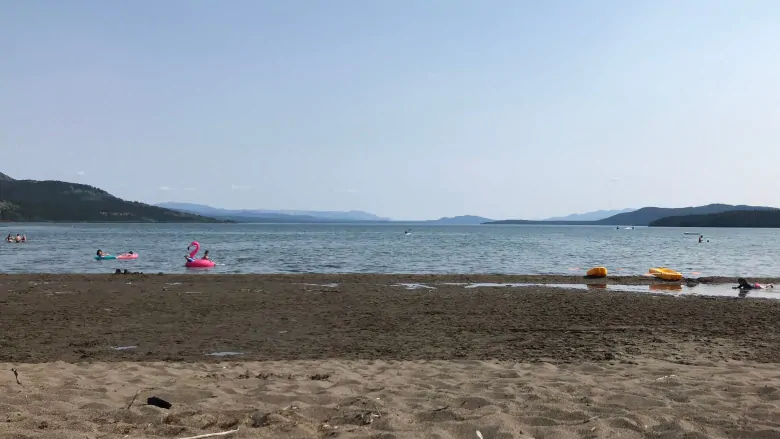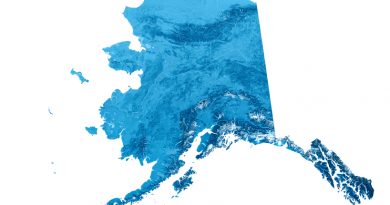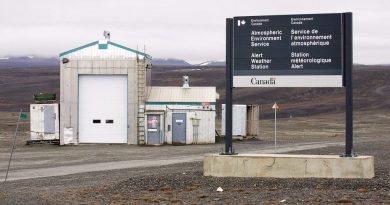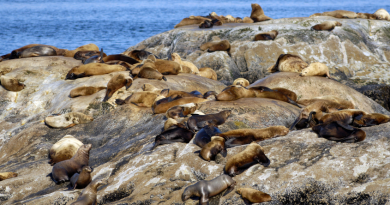Yukon Energy to launch new round of consultation on Southern Lakes water level project in Arctic Canada

Yukon Energy is launching another round of public consultations on a proposal to raise the water levels in Southern Lakes, northwestern Canada.
The company says that would allow it to generate enough hydroelectricity in winter to power 500 homes. The project would raise water levels in Marsh, Tagish and Bennett lakes by roughly 30 centimetres in the fall.
“We certainly won’t be going above the summer maximum [water level],” said Andrew Hall, Yukon Energy’s president. “What the idea is, is more just to hold water back in the fall … but that level will not be higher than what people see during the summer.”
Yukon Energy says the project would reduce emissions and cut diesel and LNG costs by $1 million a year.
The company has been floating this project for a decade. Hall said Yukon Energy has spent approximately $7 million on studies and consultations so far. He said it would cost approximately $9 million more to complete.
“We really have to make a decision either to move ahead or to go to our regulator and to cancel the project,” Hall said.
During the last round of consultations in 2015, the response from area residents was mixed.
Doug Dupont, who owns the Six Mile River resort in Tagish, said he has concerns about his docks and septic tanks, and about the project’s impacts on fish. Yukon Energy has said it will cover the costs of shoring up properties against the impacts of higher water levels.
But Dupont supports the move to reduce fossil fuel use. “I understand … what it’s all about and what they need so that we don’t have to generate on diesel and liquefied natural gas,” he said.
Yukon Energy is holding public meetings in October in Whitehorse and the Southern Lakes. It’s taking public feedback until mid December.
With files from Claudiane Samson
Related stories from around the North:
Canada: Water levels unusually low across Beaufort Delta region, in northwestern Canada, CBC News
Norway: Cod moving further north as climate changes in Arctic Europe, The Independent Barents Observer
Finland: After two dry summers, lakes and wells running low in Finland, Yle News
Sweden: Warnings in Sweden about dangerous bacteria in Baltic Sea, Radio Sweden
United States: Extreme weather fuelling wildfires in southcentral Alaska, Alaska Public Media



